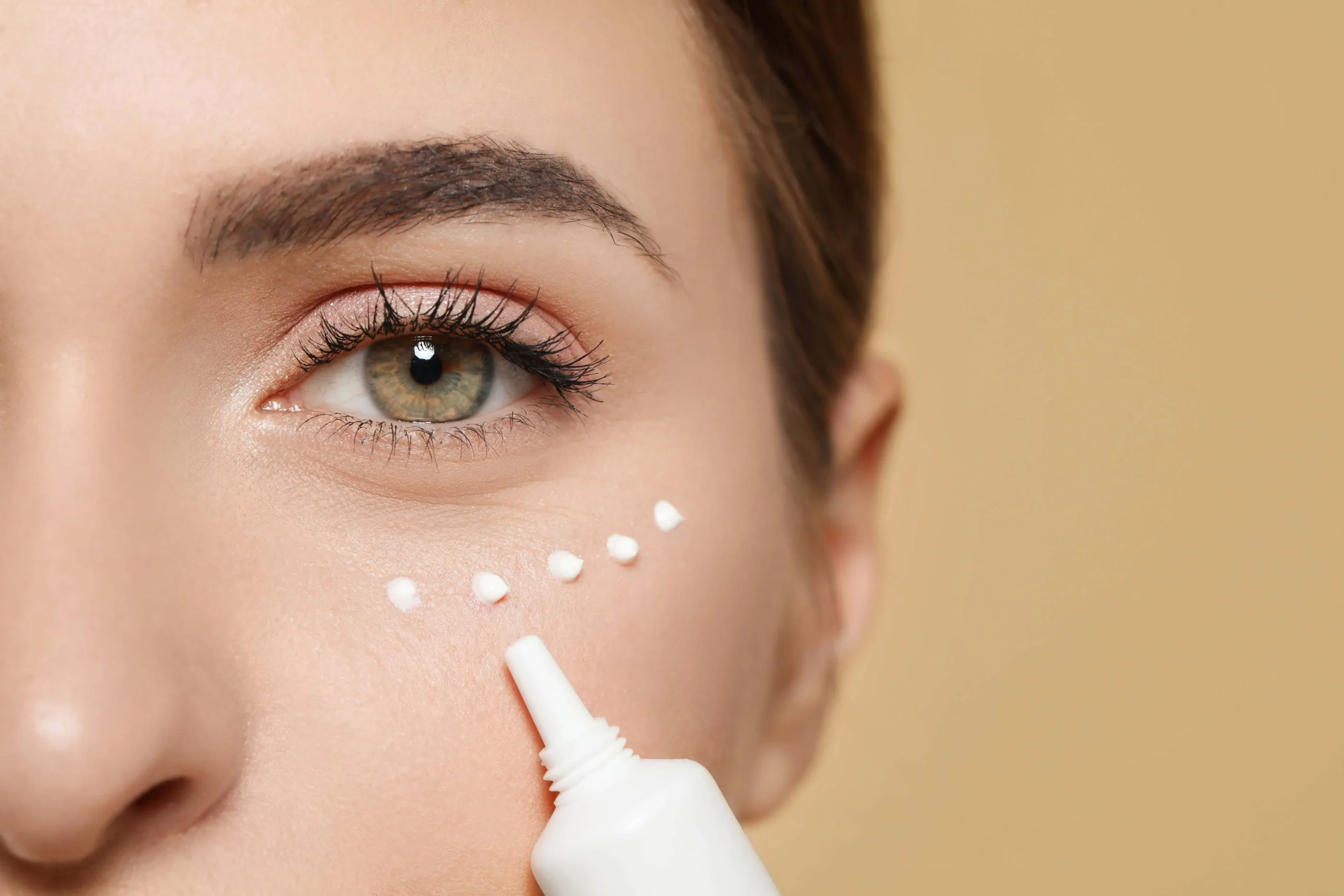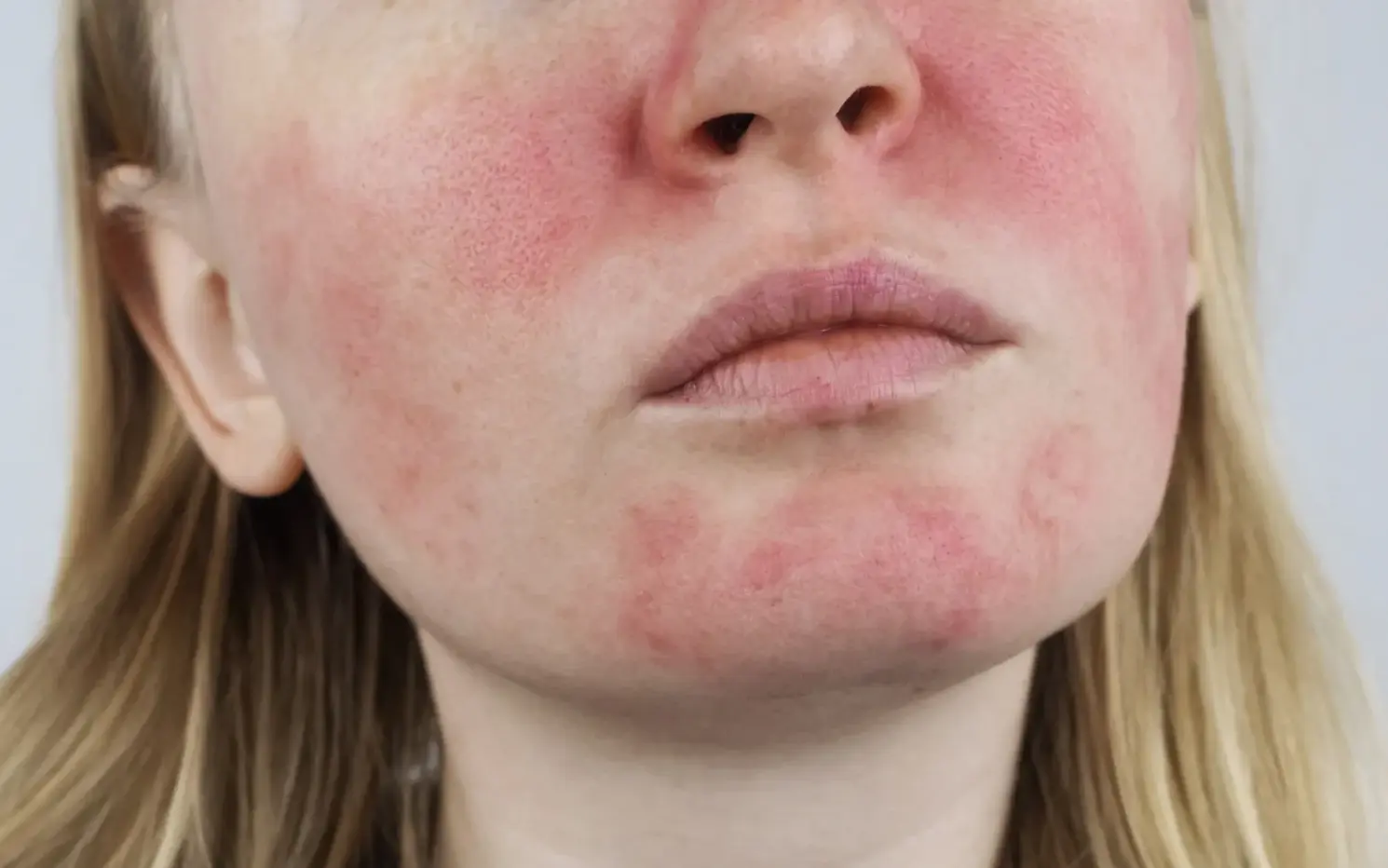Navigating skincare can be complex enough without the added layer of understanding how medications might affect your routine. From acne treatments to hormonal therapies, medications play a significant role in our health, but they can also impact our skin in various ways. In this blog post, we’ll explore how certain medications can interfere with skincare routines, the potential effects on your skin, and what you can do to manage these interactions effectively.
How Medications Affect Your Skin
Medications can influence your skin in several ways, ranging from changes in texture and appearance to increased sensitivity. Here’s a look at some common types of medications and their potential impacts on your skincare:
- Acne Medications:
○ Oral Retinoids (e.g., Accutane): These powerful acne treatments can significantly dry out the skin, leading to flakiness, redness, and irritation. It’s essential to use gentle, hydrating products and avoid harsh exfoliants.
○ Topical Retinoids (e.g., Retin-A): While effective in treating acne and signs of aging, topical retinoids can cause dryness and sensitivity, especially when first starting treatment. - Hormonal Medications:
○ Birth Control Pills: Hormonal contraceptives can impact acne, often improving it for some individuals while exacerbating it for others. They may also influence skin pigmentation and texture.
○ Hormone Replacement Therapy (HRT): HRT can affect skin hydration and elasticity, potentially leading to changes in skin texture and increased sensitivity. - Steroids:
○ Topical Steroids: Used for conditions like eczema and psoriasis, topical steroids can thin the skin, increase sensitivity, and cause redness or irritation.
○ Oral Steroids (e.g., Prednisone): These can lead to skin thinning, increased acne, and changes in skin pigmentation. - Antibiotics:
○ Oral Antibiotics: Often used to treat acne, oral antibiotics can sometimes lead to skin dryness and sensitivity. They can also disrupt the skin’s natural microbiome, potentially leading to issues like fungal infections.
○ Topical Antibiotics: These can cause dryness and irritation, especially when used in conjunction with other acne treatments. - Diuretics:
○ Water Pills: Diuretics can cause dehydration, which might lead to dry, flaky skin. Adequate hydration and moisturizing are crucial when using these medications. - Antihistamines:
○ Allergy Medications: Some antihistamines can cause dry skin or exacerbate conditions like eczema. Using hydrating skincare products can help alleviate these effects.
Managing Medication-Skincare Interactions
- Consult Your Healthcare Provider: Always inform your dermatologist or skincare professional about any medications you’re taking. They can provide tailored advice and adjust your skincare routine to minimize adverse effects.
- Adjust Your Skincare Routine:
○ Hydration: Use hydrating and soothing products to counteract dryness and irritation. Ingredients like as hyaluronic acid, glycerin, and ceramides should be looked for.
○ Gentle Cleansing: Choose mild, non-stripping cleansers to avoid exacerbating dryness and sensitivity.
○ Avoid Harsh Ingredients: Steer clear of products with strong exfoliants or irritants, such as alpha hydroxy acids (AHAs) and beta hydroxy acids (BHAs), which can further irritate sensitive skin. - Patch Testing: When introducing new skincare products, especially when on medication, perform a patch test to ensure that you don’t experience any adverse reactions.
- Monitor Changes: Keep track of how your skin responds to both your medications and your skincare products. Note any changes or reactions and adjust your routine accordingly.
- Sun Protection: Many medications can increase skin sensitivity to sunlight. Put on a broad-spectrum sunscreen with at least an SPF of 30 to shield your skin from UV rays.
When to Seek Professional Help
If you experience significant skin issues or discomfort that you suspect is related to your medication, consult with your healthcare provider. They can assess whether the medication is the cause and discuss alternative treatments or adjustments.
Conclusion
Certain medications can indeed interfere with your skincare routine, causing changes in skin texture, hydration, and sensitivity. Understanding how these medications impact your skin and adapting your skincare routine accordingly is crucial for maintaining healthy, balanced skin. By working closely with your healthcare providers and making thoughtful adjustments to your skincare, you can effectively manage these interactions and achieve optimal skin health.





